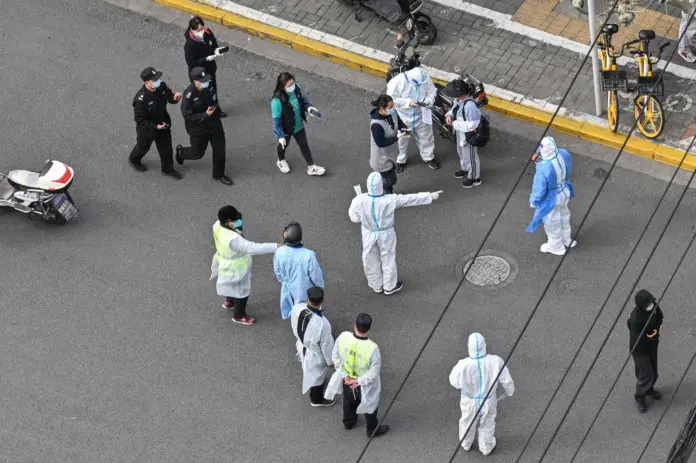- P.O. Box: 11482 Yaoundé, Cameroon; Headquarters: Efoulan, Yaoundé 3
- contact@caessinternational.org

The Northeastern and Southern provinces of China remain largely under lockdown as part of the fight against coronavirus. This lockdown is based on the government’s "zero Covid" policy. In Yinchuan province, particularly in the city of Ningxia, testing of both domestic and foreign travelers is almost constant, if not daily.
Despite President Xi Jinping’s celebration in September 2020 of "the victory of Wuhan, the victory of China" over Covid-19, the zero Covid policy continues through the lockdown of certain localities across the country. With its 1.4 billion inhabitants, China has locked itself into a zero Covid policy that isolates it from the rest of the world, while other countries live with Covid thanks to vaccines. In this context, the Chinese regions most affected by the zero Covid policy and ongoing lockdowns are: Sanya and Hainan in the South; Chengdu, capital of Sichuan; Shanghai; Shenzhen, the high-tech showcase; Guiyang in Guizhou province; and Xinjiang.
In addition to these areas, by September 2022, around thirty cities with approximately sixty million inhabitants had implemented partial or full lockdowns. With about a thousand new Covid cases daily, China has nearly 3,500 zones classified as "high or medium risk" — a number never reached since February 2020. This situation is characterized by abuses of power by local Chinese authorities, sometimes called the "little chiefs," who never deviate from the sacred daily testing of the population. These abuses are particularly evident in the failure to supply locked-down people with essential goods; censorship or information lockdowns; and some hospitals refusing to admit patients.
This poor organization and management by the administration is nonetheless officially and publicly acknowledged by the authorities. Indeed, the arrival of the Omicron variant in China has reinforced the zero Covid policy and continued lockdowns. Today, this seems to be causing fatigue among the population, many of whom are reluctant to get vaccinated. Critics of the regime argue that the ongoing politicization of the epidemic distorts the purely health-based fight against Covid-19. This situation has also led to the cancellation of several global sporting events that China had planned to host between 2020 and 2023.